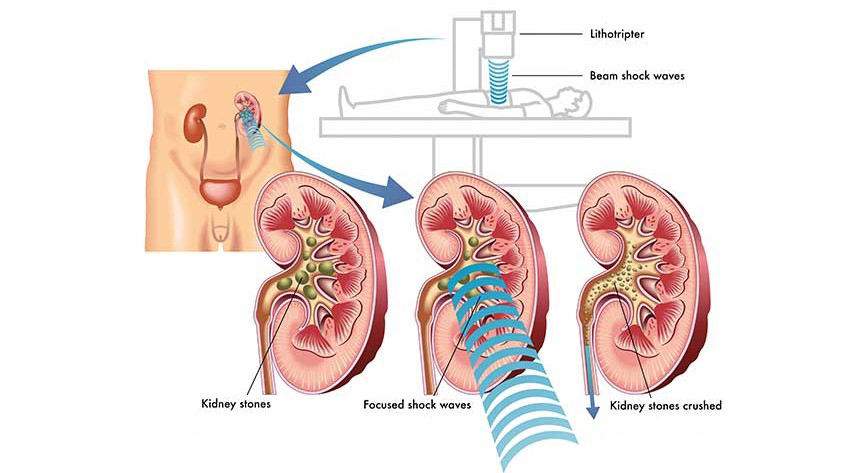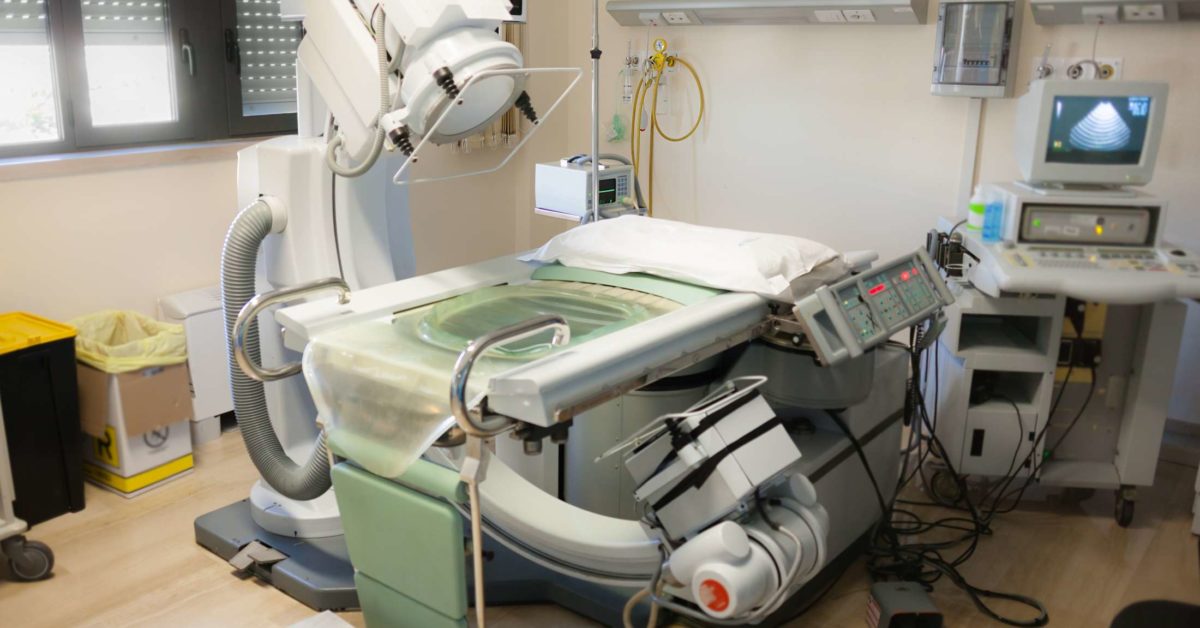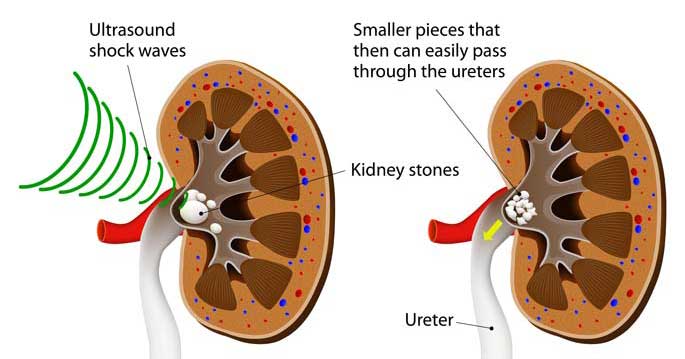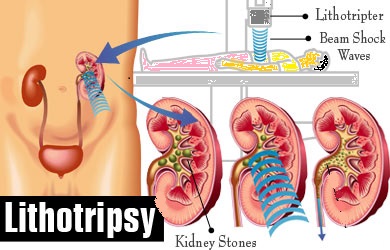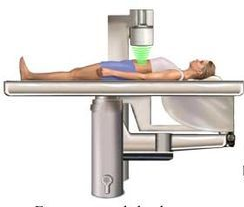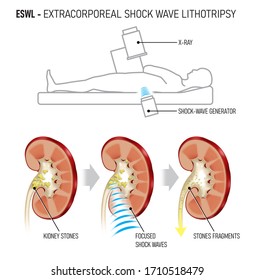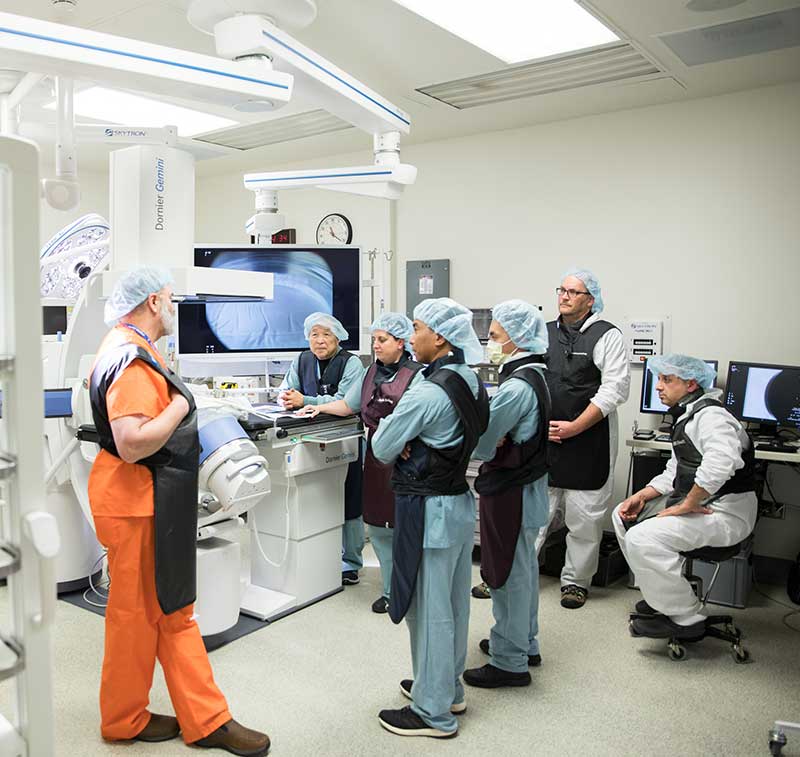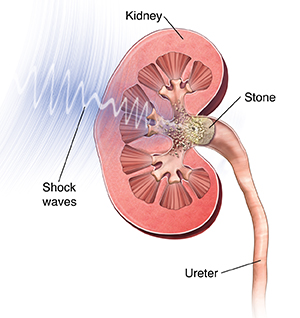Extracorporeal Shock Wave Lithotripsy Eswl
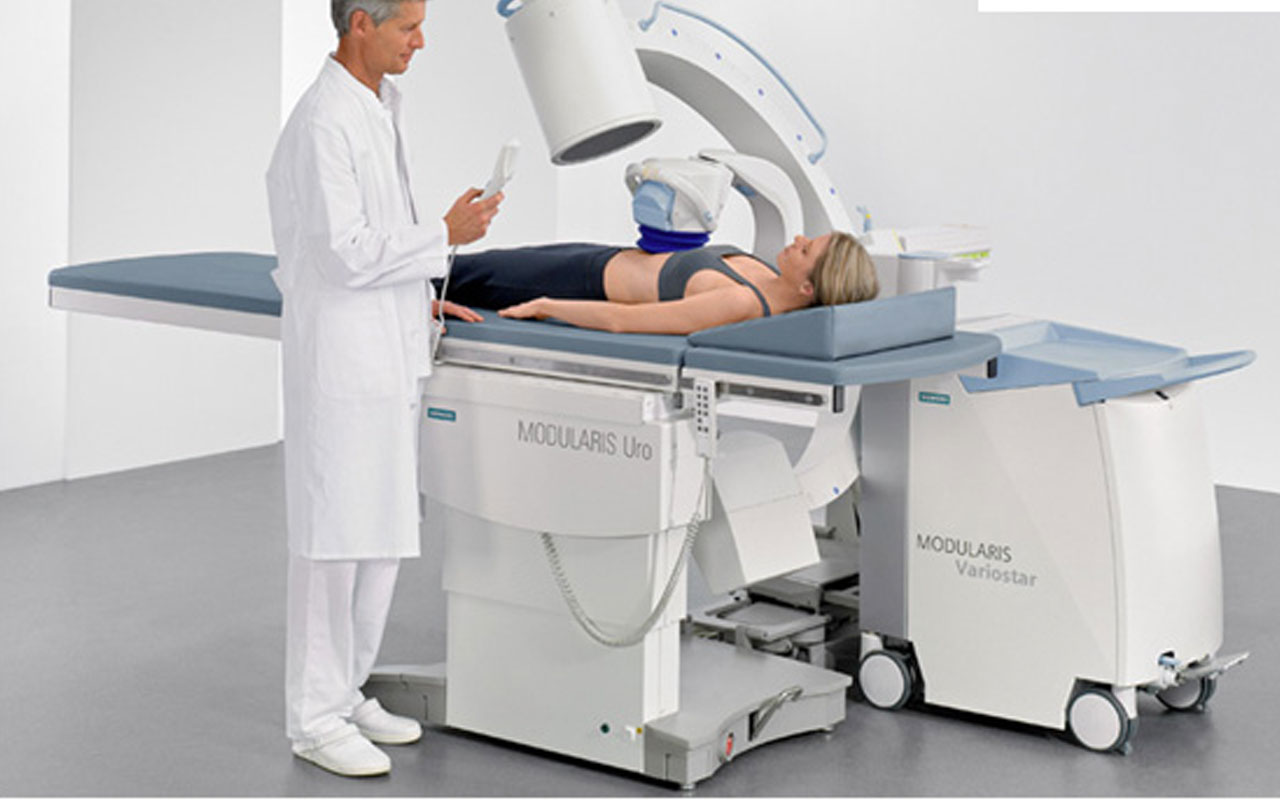
Large amounts of blood or blood clots in the urine which may indicate that the kidney was injured by eswl treatment.
Extracorporeal shock wave lithotripsy eswl. Birdwell finlayson a world renowned expert in stone disease. Lithotripsy is a low risk non invasive way of treating stones in the kidney or ureter the tube between your kidney and bladder shockwaves are focused through the skin onto the stone using x ray or ultrasound to target them some stones are too hard and may not break up even after re treatment. Shock wave lithotripsy swl is the most common treatment for kidney stones in the u s. Extracorporeal means outside the body in this case it refers to the source of the shock waves.
Extracorporeal shockwave lithotripsy eswl this is an outpatient procedure and overnight hospitalization is not necessary unless there are complications or other risk factors present. Extracorporeal outside body means that no device will have to be inserted into the urinary tract except if a ureteral stent is necessary. In the uk nice has found that the evidence for eswt in the majority of indications is conflicting as such. In this article learn about how the procedure works the success rate how to.
These are what the words mean. Lt is sometimes called eswl. The stones are broken into tiny pieces. Extracorporeal shock wave lithotripsy.
Extracorporeal shock wave lithotripsy eswl was introduced in the early 1980s as a completely noninvasive therapy to break up stones within the kidney and ureter. The most common form of lithotripsy is extracorporeal shock wave lithotripsy eswl. Shock waves from outside the body are targeted at a kidney stone causing the stone to fragment. The department of urology at the university of florida was one of six sites within the united states to investigate the efficacy of eswl lead by dr.
This may indicate either that there is bleeding around the kidney as a result of eswl or that the kidney stone fragments have all fallen into the ureter and are blocking the drainage of urine from the kidney. The most common use of extracorporeal shockwave therapy eswt is for lithotripsy to treat kidney stones urinary calculosis and biliary calculi stones in the gallbladder or in the liver using an acoustic pulse it is also reported to be used for salivary stones and pancreatic stones. Have a bleeding disorder. Extracorporeal shock wave lithotripsy swl is a noninvasive procedure that uses shock waves to break stones in the kidney and ureter into pieces as small as grains of sand.
Extracorporeal shock wave lithotripsy eswl uses sound waves to break a kidney stone into small pieces that can more easily pass into the bladder and out of the body. Lithotripsy is a procedure that uses shock waves or lasers to break down stones in the kidneys bladder or ureter.

